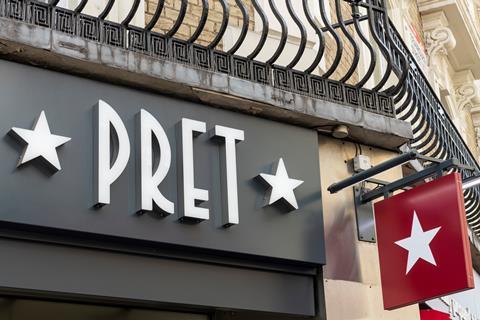
Pret a Manger has warned of “material uncertainties” that could “cast significant doubt” over its ability to continue as a going concern.
These include the potential impact of further national lockdowns, the future unpredictability of consumer behaviour and the volatility of the global economy.
The warning in the company’s latest directors’ report, filed with its annual accounts made up to 2 January 2020, follows the permanent closure of 39 Pret outlets in the UK last year. The company also closed 33 shops under the Eat brand, which it purchased in 2019, and made 3,771 of its UK employees redundant.
“Throughout 2020 and until to date, the Covid-19 outbreak has had a significant impact on the operations in all the group’s markets,” said Pano Christou, Pret’s chief executive.
“As the situation continues to evolve it is not practicable at this date to quantify the potential full financial impact on the group,” Christou added.
Pret’s accounts to the 52 weeks ending 2 January 2020 suggest the company was experiencing challenges even before the pandemic, with a pre-tax loss of £26m posted – a significant downturn from the £49m profit filed in the previous year. Sales were slightly down for 2019 at £708m, compared with £710m for 2018.
Despite its warnings over “factors which are outside of the directors’ control”, Pret said it is “confident in maintaining appropriate levels of liquidity”.
The directors’ report highlights the adjustment of Pret’s business model with the establishment of new trading channels, including a coffee subscription service and a new dinner delivery menu.
“Subsequent to the 2019 year end, the directors have taken steps to evolve the Pret business model to respond to the current circumstances and extensive measures have also been taken to reduce the group’s cost base and minimise cash outflows, alongside utilising government support schemes to furlough colleagues, defer tax payments and benefit from UK business rate relief,” Christou said.
Earlier this year Pret received a funding injection of £185m from shareholders to meet its operational and working capital requirements. In addition to this, backstop borrowing facilities totalling £150m obtained in May 2020 were extended to December 2021, with an optional extension for a further six months “at the lenders’ discretion”.
“The directors of the group have a reasonable expectation that the group can continue in operation and meet its liabilities following the equity injection in early 2021 and the renegotiation of backstop financing to 31 December 2021, with banking covenants having been replaced with a liquidity covenant until September 2022,” Christou said.
“The group is operating under a minimum liquidity threshold up to September 2022, which management are confident can be maintained,” he added.
Read more about the impact of Covid-19 on the industry in the Bakery Market Report 2021.



















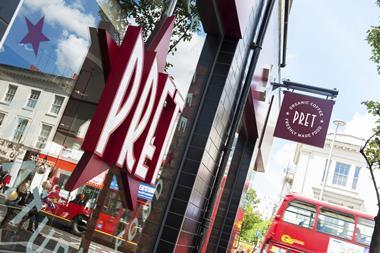

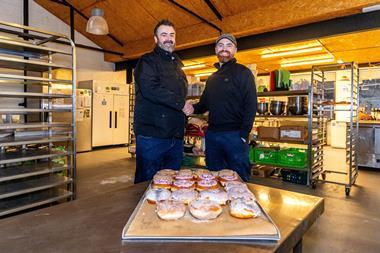



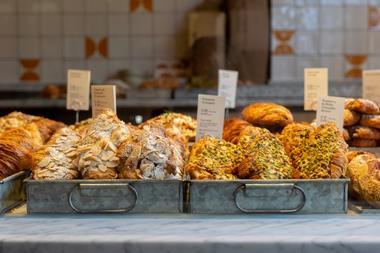
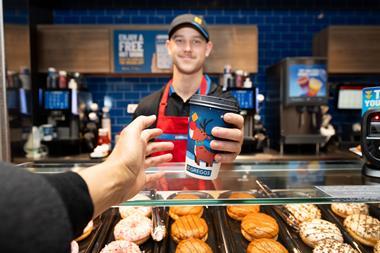
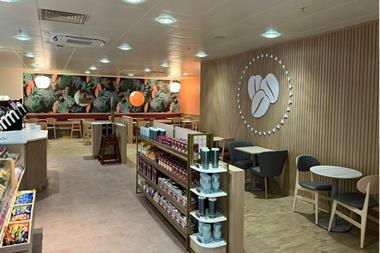




No comments yet